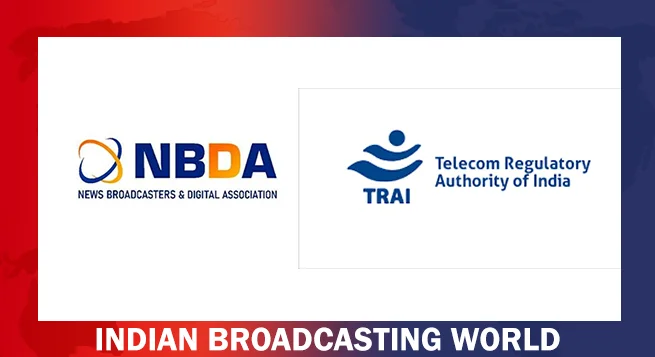According to Rajeev Chandrasekhar, Minister of State for Electronics and Information Technology (Miety), India would spend $200 million to establish an Artificial Intelligent (AI) ecosystem that will make e-governance platforms more accessible.
The country will prioritize the use of artificial intelligence for governance apps on India Stack, language model Digital India Bhashini, and healthcare.
According to Chandrasekhar, it will encourage the private sector and start-ups to explore AI application cases.
Open-source software application programming interfaces (APIs) of government-backed services such as Aadhaar, unified payment interface (UPI), and DigiLocker compose India Stack, Business Standard reported.
The open-source paradigm includes numerous computer languages, architecture, APIs, libraries or lexicons, user interfaces, and apps.
“We will incorporate learning and intelligence into that stack, which will sit on all of these massive amounts of data we have about consumer behavior and what citizens consume,” Chandrasekhar said, adding that AI will reduce duplication and fraudulent usage of subsidies to practically zero.
The government will establish safeguards for developing technology such as AI. “I can share with you one of the major areas where the new Digital India Act, which will replace the IT Act of 2000, will be the framework of guardrails for ethical use without disrupting innovation,” he added, alluding to proposed laws to regulate the country’s rapidly increasing digital sector.
The government has held conversations with industry stakeholders as part of its IndiaAI program in preparation for the introduction of a datasets program. The massive datasets stored by the government, when organized and made available in a curated format, will be a game changer for the country’s AI industry.
“One of the major concerns with AI is the fear of bias and a lack of diversity in the underlying datasets that fuel these (AI language) models.” “One of the major reasons the India datasets program is so powerful is that we represent one of the most diverse collections of datasets from citizens across the country,” Chandrasekhar explained.
 Delhi HC orders meta to remove deepfake videos of Rajat Sharma
Delhi HC orders meta to remove deepfake videos of Rajat Sharma  Govt. blocked 18 OTT platforms for obscene content in 2024
Govt. blocked 18 OTT platforms for obscene content in 2024  Broadcasting industry resists inclusion under Telecom Act
Broadcasting industry resists inclusion under Telecom Act  DTH viewing going down & a hybrid ecosystem evolving: Dish TV CEO
DTH viewing going down & a hybrid ecosystem evolving: Dish TV CEO  New adventure of detective Feluda debuts on Hoichoi Dec. 20
New adventure of detective Feluda debuts on Hoichoi Dec. 20  ‘Pushpa 2’ breaks records as most watched film of 2024: BookMyShow Report
‘Pushpa 2’ breaks records as most watched film of 2024: BookMyShow Report  Hungama OTT unveils ‘Pyramid’
Hungama OTT unveils ‘Pyramid’  Amazon MX Player to premiere ‘Party Till I Die’ on Dec 24
Amazon MX Player to premiere ‘Party Till I Die’ on Dec 24  aha Tamil launches ‘aha Find’ initiative with ‘Bioscope’
aha Tamil launches ‘aha Find’ initiative with ‘Bioscope’  Netflix India to stream WWE content starting April 2025
Netflix India to stream WWE content starting April 2025 








